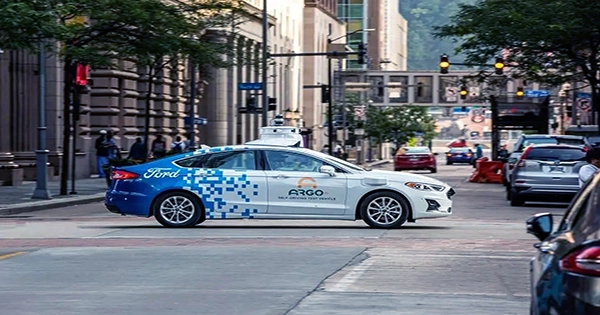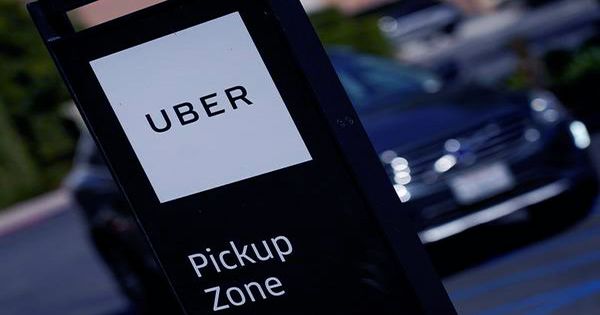For years, Ford and Argo AI, an autonomous vehicle technology startup, have collaborated to deliver high-level self-driving capabilities to Ford cars. Much of that collaboration has so far been accomplished through the testing of robotaxi services and, more recently, the piloting of last-mile deliveries. Ford now appears to be interested in expanding the cooperation to include middle-mile delivery. During Ford’s Q1 2022 earnings call, Jim Farley, the company’s CEO, remarked, “We’re getting more and more engaged as a company, maybe a bit of a strategic pivot, on goods transport.” “It’s in line with our commercial vehicle industry, and our clients believe they’re becoming increasingly interested in the middle mile.”
Ford is also interested in continuing to connect strategically with partners that can bring Argo use cases to reality utilizing Ford cars, according to Farley. According to an Argo spokesperson, Argo and Ford are collaborating with Lyft to launch self-driving vehicles on its ride-hailing platform in Miami and Austin, and the two companies are also piloting a grocery delivery service with Walmart in the same cities, with plans to expand to Washington, D.C. later this year. Ford’s Ford+ growth strategy includes advancing commercial solutions with revolutionary technologies like its FORDLiive connected-uptime system, which aids fleet management.
Ford stated a year ago that it expected Ford Pro, the automaker’s worldwide vehicle services and distribution division, to produce $45 billion in income from hardware and adjacent and new services by 2025. Could Ford’s next offering for commercial clients be middle-mile autonomy? One thing is certain. Ford isn’t interested in incorporating Argo’s technology into its BlueCruise advanced driver-assistance system. “We truly consider Level 2 or Level 3 and Level 4 as two unique things,” Farley added, maybe differently than others. “Yes, Argo could be able to assist us with our semi-autonomous capabilities.” However, we believe that this would be a significant distraction for them, and we do not want them to be distracted in any way.”
Revenues and expenditures for autonomous development are shown under a distinct Mobility line on Ford’s financial sheet, which formerly included micromobility startup Spin and public transit software and planning firm Transloc, both of which were sold to Tier and Modaxo in March. Mobility losses were steady year over year, with smaller losses quarter over quarter. Ford reported $242 million in mobility losses in Q1 2022, down from $342 million in Q4 2021, perhaps due to Ford’s relinquished holdings in the two businesses described above. In the first quarter of 2021, revenue was $84 million, up from $11 million in the same quarter the previous year.
Farley reaffirmed that Ford is open to seeking outside money for autonomous ventures, despite the fact that the automaker’s excursions into electrification are mostly funded by internal combustion engine car sales. This might indicate that Ford’s “strategic move” into the middle mile isn’t a detour from its current autonomous efforts, but rather a complement. “It takes time, and this is costly,” Farley explained. “As a result, from our perspective, gaining access to the capital markets is vital in allowing us to continue to fund this for many years to come.”
















